Editorial Credit: StockCake.Com
Who is responsible for paying towing and storage charges when they need to be removed? In the beginning, if you have insurance that includes roadside assistance or collision coverage, those charges may be taken care of by your policy. But if you are injured or the other party is not insured, then it is your duty to bear these expenses from your own pocket.
If this happens, what follows can take time because of investigations and negotiations with parties of at-fault drivers’ insurance companies. Promptly after an accident, get in touch with the tow truck near me so that your vehicle is properly moved and stored.
Reading your policy carefully will let you know more about unexpected costs connected with towing and parking. Save all receipts and communications with the insurance company which would guarantee payment.
Who Is Responsible For Towing And Storage After An Accident?
Normally, the responsibility for towing and storage after an accident resides with your policy if you have any. They should defray the repair costs in case another driver has caused the accident. In some cases where there are uninsured drivers involved in accidents, one can probably pay upfront to seek reimbursement later on.
Coverage of Insurance: In general, your insurance covers the costs of towing and storage if you have comprehensive or collision coverage. Also, this can be handled by roadside assistance coverage.
- At-fault driver’s insurance: In case it is the other driver who is at fault, usually their insurer will bear the cost of towing and storage charges. However, this may need some negotiation as well as time consumption.
- Not Insured Scenarios: If the person responsible for causing an accident does not have insurance coverage, you could have to pay this upfront and seek reimbursement from your uninsured motorist coverage or go through the legal process.
- Prompt Payment: On some occasions, regardless of whoever is eventually accountable for it, a tow company may ask for immediate payment. This is where emergency funds or even roadside assistance come in handy.
- Record keeping: For correct recompense or cover always keep good records on all bills on towing and storing vehicles as well as communications with insurers.
Who Pays If My Car Is Towed In After An Accident?
The question “Who pays when my car gets towed after an accident?” depends upon your insurance coverage and factors surrounding that incident.
In general terms, if you have a comprehensive policy or collision cover in place then your insurer will shoulder the expense related to towing services such as these ones. When another individual has caused an accident through his/her own negligence their insurer should.
Does Insurance Cover Towing After An Accident?
- Insurance Policies: Most insurance covers pulling vehicles after accidents, especially under either collision or comprehensive policies. One must, therefore, review the details provided in their policies to be sure about this.
- Roadside Assistance: This assistance is very important especially when it comes to paying for towing expenses which are normally part of emergency response plans in case of an accident.
- Coverage Limits: Some insurance companies put a limit on how much they can pay towards towing services as stated by your policy documents.
- At-Fault Situations: If you are at fault, your own insurance will usually cover the cost of towing. In general, if the other party caused the accident then their insurance should cater for these costs although with different insurers this sometimes changes.
- Documentation: You need to keep all receipts and records for any tow service bills you have incurred. Your insurer will not make payments without proper paperwork being submitted.
Who Pays Towing Fees After An Accident?
If you have comprehensive or collision coverage on your car insurance policy, most likely it will pay for the pulling fees following an accident.
The other driver’s fault should make the payment of those charges but without a doubt, their insurer may differ from yours depending on various circumstances. If they do not have any physical injury coverage then perhaps you could settle them now and reimburse them later.
How Much Is Towing And Storage Fees?
- Towing Costs: Towing charges normally cost around seventy-five dollars to a hundred and fifty dollars for local transports, with additional fees incurred when it comes to longer distances. Rates can differ by location, the kind of vehicle, and time of day as well.
- Storage Fees: Storage costs are typically charged between twenty and fifty dollars per day after towing. The daily rate could go up based on the site and storage period as well.
- Additional Charges: Some companies may also charge for off-hour services, specialized hauling of larger vehicles, or if winching is required by the vehicle.
- Insurance Coverage: Check your insurance policy for information about how much your policy covers you in terms of towing and storage expenses. Some policies may cover parts of these bills or have dollar limits on them.
- Payment Requirements: Be ready to pay upfront any towing and storage fees that may be needed by a towing firm. Retain detailed records of all charges so they can later be claimed through insurance or legal action.
Who Usually Pays For Towing After An Accident?
Your insurance often covers towing if you have collision or comprehensive coverage. If the other driver is at fault, their insurance should cover the costs.
What If The At-Fault Motive Force Is Uninsured?
You might want to pay for towing and garage initially and are seeking repayment through your uninsured motorist coverage or legal movement.
Are There Limits To How Much Insurance Will Pay For Towing And Storage?
Yes, insurance policies may have limits on the amount they will cover for towing and storage. Check your policy for details.
Conclusion:
Whether post-accident towing and storage costs are covered depends on your insurance policy coverage limits and who caused the collision. In case you have proper coverage, such expenses are usually paid by your insurer. Their insurers should bear the burden if another driver is responsible. However, uninsured drivers might mean that you would need to make an immediate payment.

